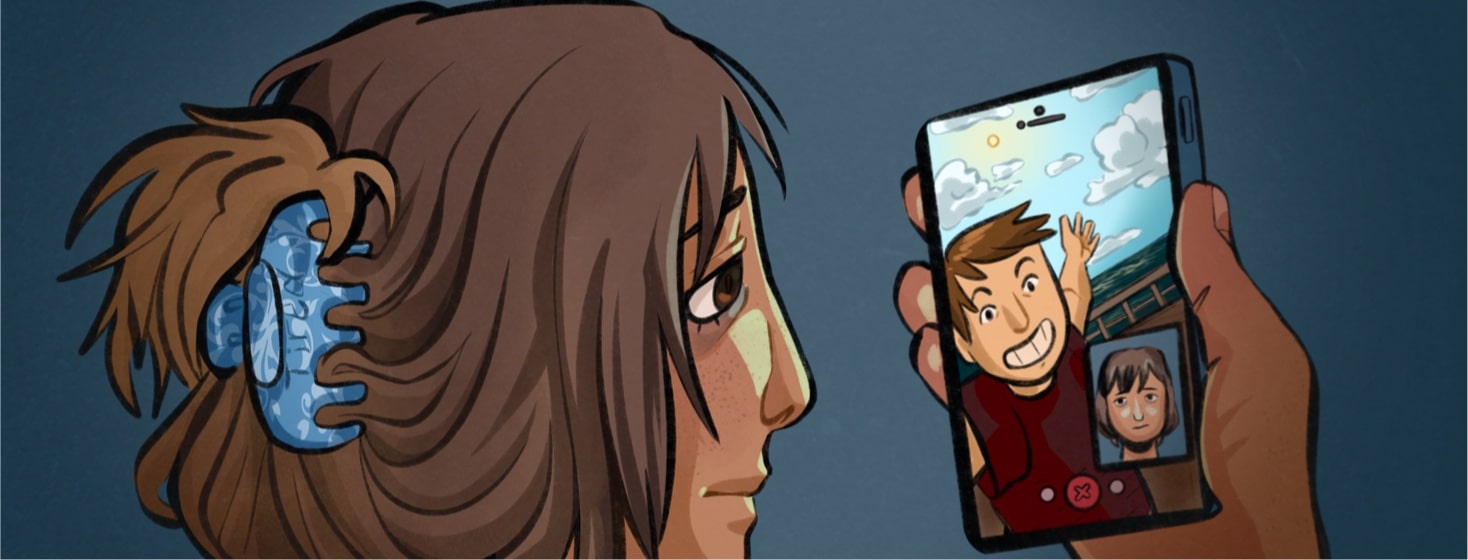The Biggest Struggle of Life With Chronic Fatigue
While my endometriosis diagnosis was unsurprising, hearing about chronic fatigue rocked my world. Until I read the term on a list of symptoms, I was certain one of my personality traits was perpetual laziness.
Since my teens, I have identified as a very weak person, physically and, often, intellectually.
Living with chronic fatigue
Lately, fatigue has become an affliction a lot of people mention, especially since it was added to the list of long covid symptoms. But chronic fatigue remains poorly understood, and those of us who live with it are often misjudged at the mere mention of it.1
Chronic fatigue is not just being tired
When I tell others I am suffering from fatigue, most people will tell me to take a nap. In reality, I could sleep for a whole day and still feel like I'm running on empty. Others will say that they, too, "feel tired" all of the time, yet they don't experience the troubling brain fog I live with.
One of my exes would encourage me to go outside whenever I said I had zero energy. They would argue that once I was out, I'd feel “energized.”
It didn’t matter how many times I mentioned feeling light-headed. Explaining how my arms felt heavy to the point of hurting made no difference.
My experience of chronic fatigue includes a sensitivity to light and touch. Oftentimes it means I suffer from an inability to focus my vision.
It can also involve short-term memory loss, abnormal sleep patterns, headaches, and, almost always, muscle pain. Unless someone suffers from any of these symptoms, they don’t really understand chronic fatigue. This lack of understanding can feel harrowingly isolating.
Loneliness is a cruel side-effect of fatigue
Chronic fatigue is the main reason why I cancel a lot of plans. I cannot offer a complete list of my symptoms every time I say no to a social outing.
Going into every detail of my chronic illness each time I can’t do what is expected of me is exhausting. Very few will empathize with this.
So, in a way, I understand why I am not so popular. My reactions to plans probably reads as lukewarm most of the time.
Whenever anyone suggests a plan, I picture a sudden flare-up of fatigue preventing me from chasing any fun pursuits. I prefer to show zero enthusiasm than disappoint anyone further down the line.
I still want to hang out, despite my fatigue
Most plans feel like a mountain climb, yet one I will attempt just so others won't drop me. When I do go out, I tend to wear a pretty hair clip that says “tired”, as a humorous high-five to myself.
Recently, a new friend who also lives with a chronic illness pointed to what adorned my hair and said, "that's because of the fatigue, yes?"
Apart from that one friend, no one else understands my battle with fatigue. Even those with the best intentions think I could make an effort if I tried. One final push. If only it were that easy.
They totally misunderstand, and I feel completely alone.
There is no quick fix to chronic fatigue
To anyone reading this, please maintain an open mind when you hear somebody say they’re tired, especially when you know they live with a chronic illness. You may not see their fatigue or their brain fog, and you may not relate to that experience.
Yet by no means does it mean that what they’re struggling with isn’t real. Be patient if they show no interest in explaining every single thing they’ve tried to "fix" their issues.
When it comes to endometriosis, those of us with this disrupting illness are doing the best we can with the dodgy insides we were given.
Give us a break. Sometimes it's all we need.

Join the conversation